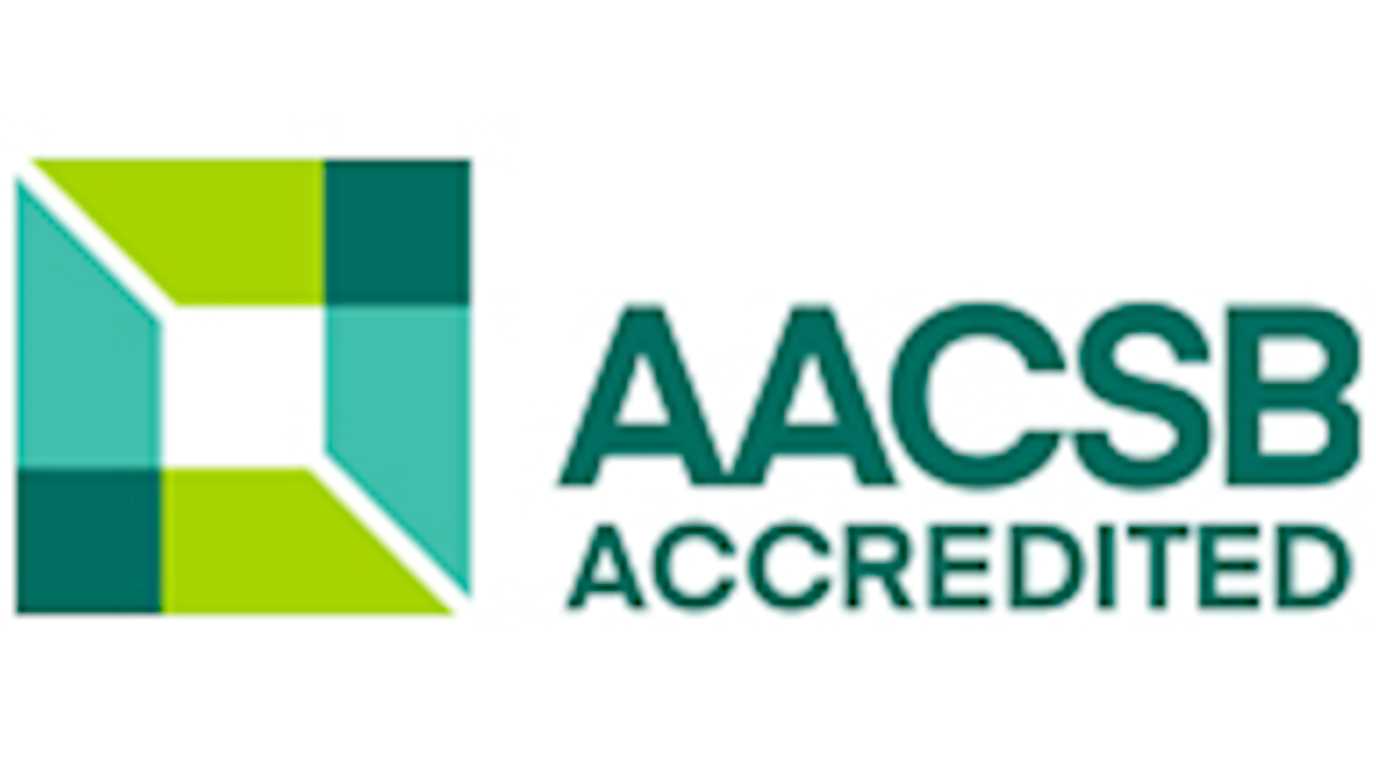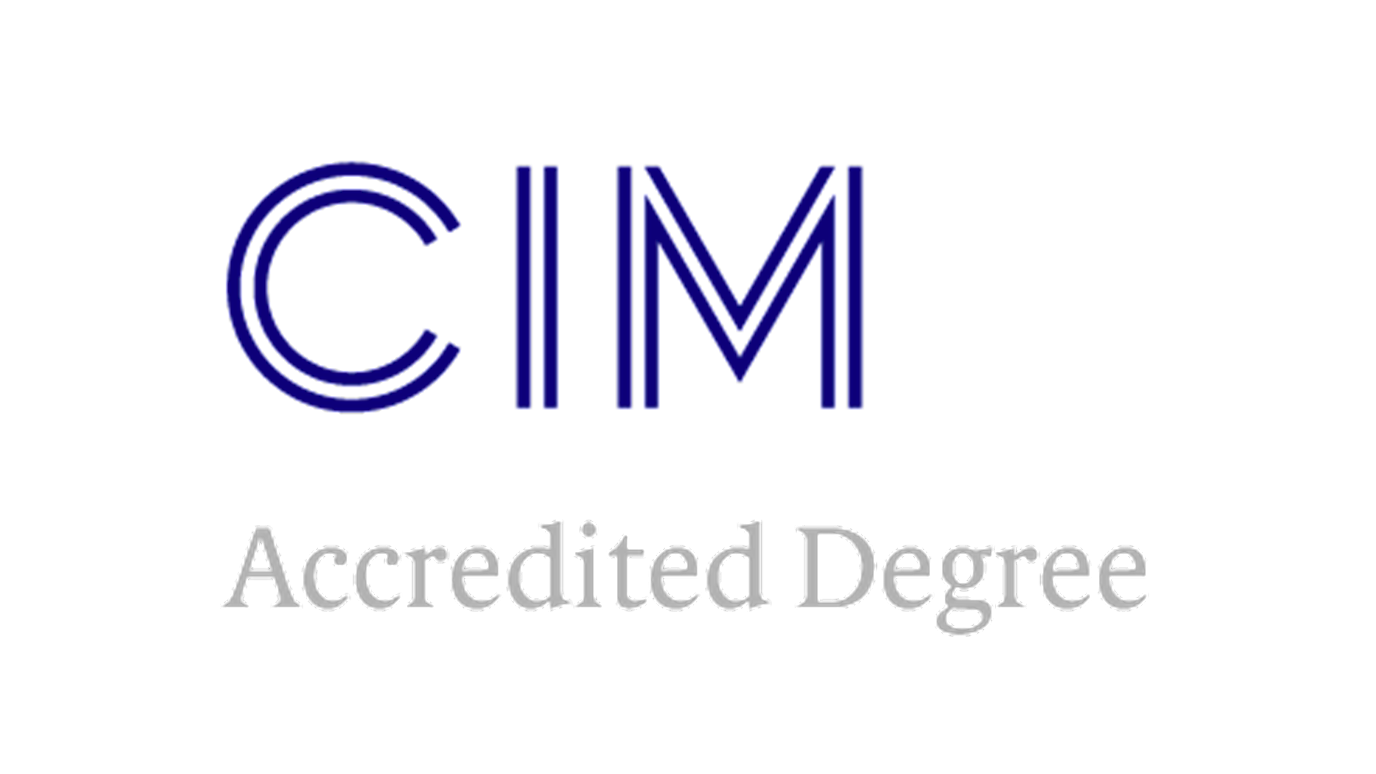Key information
Duration: 1 year full time
Institution code: R72
Campus: Central London
UK fees*: £14,800
International/EU fees**: £23,900
The course
Digital Marketing (MSc)
Study our dedicated digital marketing degree course at our central London campus. If you are a finalist or recent graduate (any subject) wanting to boost your employability this degree course should provide you with the knowledge and skills needed for the digital era.
Being one of a few specialist digital marketing Masters degree courses in the UK you will gain a 360 degree perspective of digital marketing from digital branding and advertising to the consumer journey and metrics.
On graduating you will be able to create and analyse digital strategies and make well informed tactical and strategic decisions, having studied in the context of Royal Holloway Marketing’s distinctive critical ideology. You will be confident in using acquired skills to communicate strategies to stakeholders at all levels.
You will enjoy studying in our historic University of London buildings in central London and work with our experienced academic staff to realise your full potential.
- Accredited by CIM (The Chartered Institute of Marketing). On completing this course you'll be able to apply for exemptions.
- Great career prospects in digital marketing and any other related discipline.
- Flexible studies over two days a week, combined with extensive self-study.
From time to time, we make changes to our courses to improve the student and learning experience. If we make a significant change to your chosen course, we’ll let you know as soon as possible.
Course structure
Core Modules
-
In this module, you will be introduced to the core concepts of digital marketing strategies and establish the fundamentals of developing these strategies, methods, and practices. Further, the module discusses the core frameworks and tools to assess companies’ digital marketing strategies at micro and macro levels, including activities and outcomes for consumers and corporations and when there are shifts in society
-
Students will learn how marketers are rising to the opportunity of big data and attempting to deliver the promise of truly 1-2-1 marketing. They will explore attribution and its importance in effectively allocating spend as part of omnichannel marketing. Students will develop an understanding of web analytics and social media engagement by considering the usefulness of a wide range of digital metrics across the engagement funnel. Students will gain an understanding of how to evaluate a marketing campaign’s effectiveness (e.g. ROI, ROAS…) by carefully considering objectives, outcomes, KPI’s, targets, and metrics selection and how these might be used to create a management dashboard. The module will also consider the current regulatory landscape for data compliance and study a range of current ethical issues. Students will learn how digital has been causing a paradigm shift from outbound to inbound marketing. With greater focus put on content creation and curation, the module will explore how organisations seek to compete for the attention of audiences through organic means (search engine optimisation) and paid or boosted means (e.g. Adwords). The module will consider the dynamic nature of algorithms and wider ethical governance issues. Students will learn how brands can harness electronic word of mouth through affiliate marketing to amplify their messages and reach a wider audience.
-
This module will use the principles of Design Thinking to consider how digital customer journeys are designed and delivered. Students will learn how to develop salient consumer insights to be able to explain multi-touch point customer experiences. Using the principles of agile design, students will learn how to develop emotionally engaging customer personas and use them to design extraordinary experiences. The module will consider how develop effective email and social customer relationship management engagement.
-
This course aims to provide students with an overview of the art and discipline of digital brand storytelling across social media and online platforms. Students will learn how to harness the power of storytelling to build brands across digital platforms thus forging relationships with consumers and driving revenue.
The first part of the course will introduce students to the concept of storytelling as adopted by organizations to build relationships with the brand. Taking a historical view, students will recognize how the growth of social media and digital platforms has taken the role of digital storyteller to new heights, helping organizations to drive their brand value proposition.
Students will learn how narratives and content creation as originating from consumers outweigh the impact of firm-oriented narratives. They will be introduced to brand personas and brand narratives, as strategic tools adopted by business leaders in storytelling and in so doing will also address the issue of authenticity. The course will examine the science behind stories, exploring a number of different tried and tested storytelling frameworks for digital story building, including the story (narrative) arc, and Gustav Freytag’s pyramid. Students will be expected to critically assess the pros and cons of each and to identify which frameworks are most effective in constructing stories, which maximize impact on consumer-brand relationships.
Finally, taking a case study analysis approach, the course will unpack a series of real-world digital brand stories including for e.g. Burberry, Airbnb and Naked Wines. Focus will also be on the inspiring, higher purpose, social stories which have emerged from brands such as TOMS, Dove and Lifebuoy. Students will learn how to create storyboards and to undertake a story brand audit, critically examining how real brands have utilized multiple digital platforms to tell and sell their stories.
-
This module engages with numerous fields including cultural studies, media studies, philosophy, and sociology in order to ensure that digital marketing is explored and understood not exclusively in terms of its immediate practical implementation and commercial potential, but also in terms of broader cultural impacts. Accordingly, this module seeks to survey the broader cultures of online activities as they become raised in public debates, considering phenomena like ‘fake news’, online dating, the harassment of women in online discussions, surveillance, mood management, the manipulation of debate, affective mapping etc.
-
Advertising lies at the centre of the digital marketing movement. Promotion, order reconciliation, search and service communication can all be embedded within advertising on digital platforms. Digitisation is changing the world of advertising, yet, old media remain stubbornly important and the craft skills of the traditional advertising communication disciplines that cannot be replaced by algorithms. This course critically examines the implications of digitisation for advertising from the departure point of the advertising and media agencies who are adapting to the digital era. Advertising as we know it is not being swept away by digitisation, it is changing in form, content and strategy. This course shows students how the digitisation of advertising for marketing is an evolutionary process and it attempts to show the lines of continuity between old media marketing and advertising, and new.
-
The aim of this module is to prepare you for work on your independent business project. The module introduces various elements involved when undertaking the project, namely: topic choice, report structure, formulating research questions, research design principles, primary and secondary data collection, sampling decisions, how to collect quantitative and qualitative data, and data analysis and interpretation. The module will run over two terms (Part 1: Quantitative methods will be covered in the Spring term; and Part 2: Qualitative methods will be covered in the Summer term).
-
This module explores key issues, new trends, future opportunities and challenges in digital marketing. You will be introduced to contemporary developments and consider how they impact the digital world and marketing practice, and you will get an insight into latest technologies, industry developments and practices as well as latest research in digital marketing. The module will cover a range of contemporary issues, such as, amongst other emerging technologies’ impact on digital marketing (Martech, metaverse, artificial intelligence, consumer intelligence scouting and social listening...etc) global crisis, harnessing digital marketing for a better work and how gender, diversity, and equality impact digital marketing.
-
The module will facilitate the development of key employability skills such as critical thinking, problem-solving, teamwork, communication skills and client service skills. You will develop a sound understanding of the role of the consultant and the process of consultancy in the digital marketing space and using action learning you will engage in authentic projects to understand the real world of digital marketing. The module will include a project where you will be required to carry out work required to achieve a particular outcome as prescribed by a client and you will be required to present findings back to them. The consultancy assignment itself will take one of many forms in accordance with the client’s requirements, this may be (but not limited to) providing information, providing a solution, conducting a diagnosis, providing recommendations, or assisting implementation.
-
In this capstone module you will be given a topic, drawn from current issues faced by businesses, and you will be expected to identify and select an organisational or industry context. You will expected to undertake a substantial review of secondary sources, comprising both academic journals and industry publications. Using relevant market research techniques, you will undertake a substantive and unique primary research study, providing a critical analysis with key insights. You will be asked to make justified and feasible managerial suggestions, prepare an executive summary, and deliver a presentation to communicate your findings.
-
This module will describe the key principles of academic integrity, focusing on university assignments. Plagiarism, collusion and commissioning will be described as activities that undermine academic integrity, and the possible consequences of engaging in such activities will be described. Activities, with feedback, will provide you with opportunities to reflect and develop your understanding of academic integrity principles.
Teaching & assessment
Assessment is carried out by a variety of methods including essays, group projects, workshops, case studies and a dissertation.
Entry requirements
2:2
UK Honours degree or equivalent.
Candidates with substantial and relevant professional qualifications or professional experience in an associated area will also be considered.
International & EU requirements
English language requirements
- IELTS: 6.5 overall. No subscore lower than 6.0.
- Pearson Test of English: 61 overall. Writing 61. No other subscore lower than 54.
- Trinity College London Integrated Skills in English (ISE): ISE III.
- Cambridge English: Advanced (CAE) grade C.
- TOEFL iBT: 88 overall with Reading 22 Listening 20 Speaking 22 Writing 24.
- Duolingo: 120 overall and no sub-score below 115.
Your future career
On graduating with a MSc in digital marketing you will be able to create and analyse digital strategies and make well informed tactical and strategic decisions, having studied in the context of Royal Holloway Marketing’s distinctive critical ideology. You will be confident in using acquired skills to communicate strategies to stakeholders at all levels. have a theoretical and empirical knowledge of digital marketing and employed a variety of academically based marketing techniques and practices as well as a critical awareness of current issues at the forefront of digital marketing.
Postgraduate students from our School of Business and Management have gone on to roles in a variety of companies including Amazon, Tesco, Accenture, Ogilvy, KPMG, Boehringer Ingelheim, Bloomberg LP, Ocado Group, HSBC, Fuji film, Huawei, Deutsche Bahn and Qatar Airways.
Fees, funding & scholarships
Home (UK) students tuition fee per year*: £14,800
EU and international students tuition fee per year**: £23,900
Other essential costs***: -
How do I pay for it? Find out more about funding options, including loans, grants, scholarships and bursaries.
* and ** These tuition fees apply to students enrolled on a full-time basis in the academic year 2024/25. Students studying on the standard part-time course structure over two years are charged 50% of the full-time applicable fee for each study year.
Royal Holloway reserves the right to increase all postgraduate tuition fees annually, based on the UK’s Retail Price Index (RPI). Please therefore be aware that tuition fees can rise during your degree (if longer than one year’s duration), and that this also means that the overall cost of studying the course part-time will be slightly higher than studying it full-time in one year. For further information, please see our terms and conditions.
** This figure is the fee for EU and international students starting a degree in the academic year 2024/25. Find out more
*** These estimated costs relate to studying this particular degree at Royal Holloway during the 2024/25 academic year, and are included as a guide. Costs, such as accommodation, food, books and other learning materials and printing, have not been included.

























